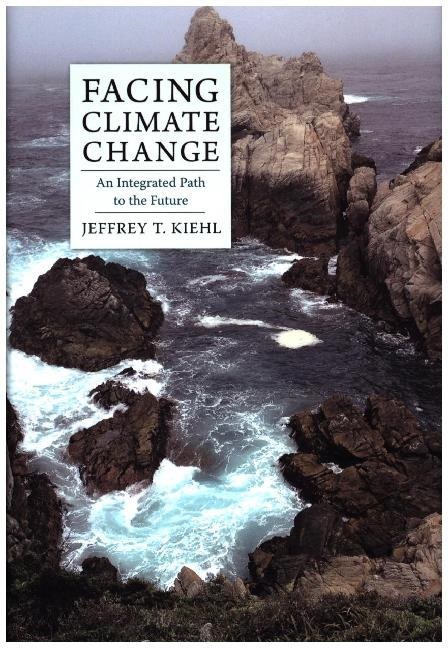Read more
Facing Climate Change explains why people refuse to accept evidence of a warming planet and shows how to move past partisanship to reach a consensus for action. A climate scientist and licensed psychotherapist, Jeffrey T. Kiehl examines the psychological phenomena that twist our relationship to the natural world and their role in shaping the cultural beliefs that distance us further from nature. He also accounts for the emotions triggered by the lived experience of climate change and the feelings of fear and loss they inspire, encouraging us to retreat into fantasy. But all is not lost. By evaluating our way of being, Kiehl unleashes a potential human emotional understanding that can reform our behavior and help protect the Earth. Kiehl dives deep into the human brain's psychological structures and human spirituality's imaginative power, mining promising resources for creating a healthier connection to the environment-and one another.
About the author
Jeffrey T. Kiehl is a senior scientist at the National Center for Atmospheric Research and a fellow of the American Geophysical Union and the American Meteorological Society. He is a recipient of the AGU Climate Communication Prize. He is also a senior Jungian analyst with the C. G. Jung Institute of Colorado, the Inter-Regional Society of Jungian Analysts, and the International Association for Analytical Psychology.
Summary
A compassionate take on the psychological factors fueling climate-change denialism and what we can do to turn indifference into action.
Report
"There is nothing similar to Facing Climate Change in climate-science literature; it is unique. Kiehl calls on scientists to find their voices as humans, as citizens of this planet; to declare their moral and ethical values." - Benjamin Santer, Lawrence Livermore National Laboratory

